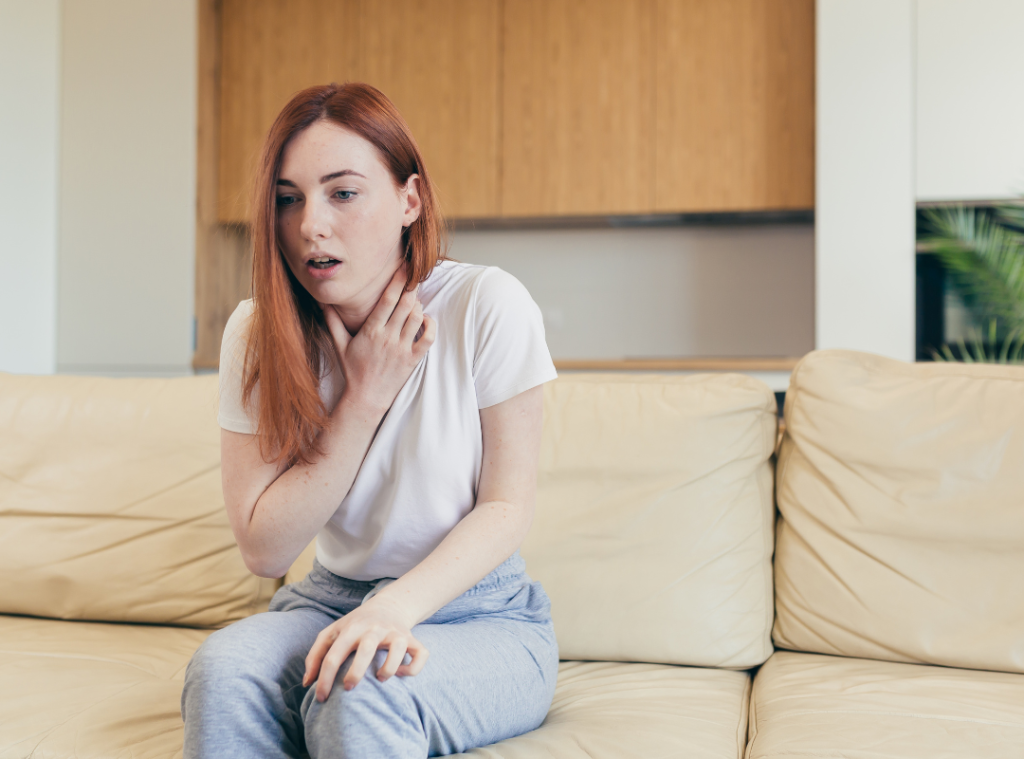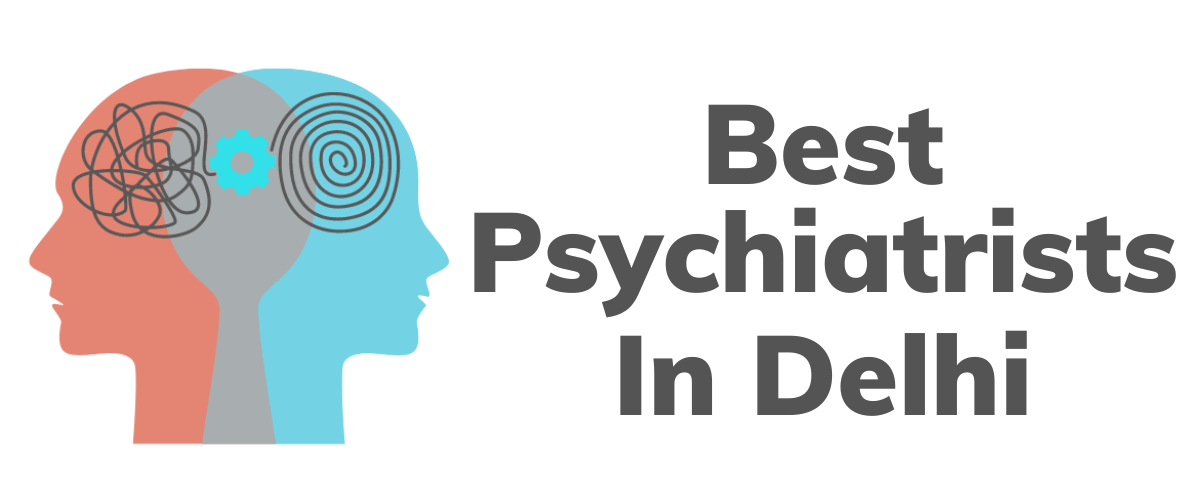Bipolar Disorder Treatment
Bipolar disorder is a mental health condition characterized by extreme mood swings, including emotional highs (mania or hypomania) and deep lows (depression). Effective treatment can help manage these mood swings, allowing individuals to lead fulfilling lives. Treatment typically involves a combination of medication, therapy, and lifestyle changes.
1. Medication for Bipolar Disorder
- Medications are often the first line of treatment for bipolar disorder.
- They help stabilize mood and manage symptoms of both manic and depressive episodes.
| Medication Type | Purpose | Effectiveness |
|---|---|---|
| Mood Stabilizers | Prevent manic and depressive episodes | Highly effective in managing mood swings |
| Antipsychotics | Control symptoms of mania and depression | Used in combination with mood stabilizers |
| Antidepressants | Treat depressive episodes | Used cautiously with mood stabilizers to avoid triggering mania |
Learn more about medication for bipolar disorder
2. Psychotherapy for Bipolar Disorder
Therapy can help individuals cope with the challenges of bipolar disorder by providing tools to manage symptoms, identify triggers, and improve emotional regulation. Common types of therapy include:
| Therapy Type | Purpose | Effectiveness |
|---|---|---|
| Cognitive Behavioral Therapy (CBT) | Helps individuals change negative thought patterns | Proven to help with mood stabilization and coping strategies |
| Interpersonal and Social Rhythm Therapy (IPSRT) | Focuses on regulating daily routines and managing relationships | Effective in reducing mood episodes |
| Family-Focused Therapy (FFT) | Involves family members in the treatment process | Improves communication and provides support |
Read more about therapy for bipolar disorder
3. Lifestyle and Dietary Changes
Making certain lifestyle adjustments can help manage symptoms of bipolar disorder and prevent mood swings. These may include:
- Regular Exercise: Physical activity can reduce symptoms of depression and anxiety.
- Healthy Diet: A balanced diet, rich in nutrients, can support mental health.
- Sleep Hygiene: Ensuring regular sleep patterns can help stabilize mood and energy levels.

4. Electroconvulsive Therapy (ECT)
- ECT is a medical treatment involving brief electrical stimulation of the brain while the patient is under anesthesia.
- It is typically used for severe cases of bipolar disorder when other treatments have not been effective.
5. Alternative Therapies
Some individuals explore complementary treatments alongside traditional methods. These can include:
- Meditation and mindfulness
- Acupuncture
- Omega-3 supplements
Conclusion
Bipolar disorder requires a multifaceted treatment approach, including medication, therapy, and lifestyle changes. With the right treatment plan, individuals can manage their symptoms and maintain emotional stability. It’s important to work closely with a healthcare provider to find the best treatment options for each individual.
Call to Action
If you or someone you know is struggling with bipolar disorder, contact Delhi Mind Clinic. Our experienced team of professionals can help develop a personalized treatment plan to effectively manage symptoms and improve quality of life.

